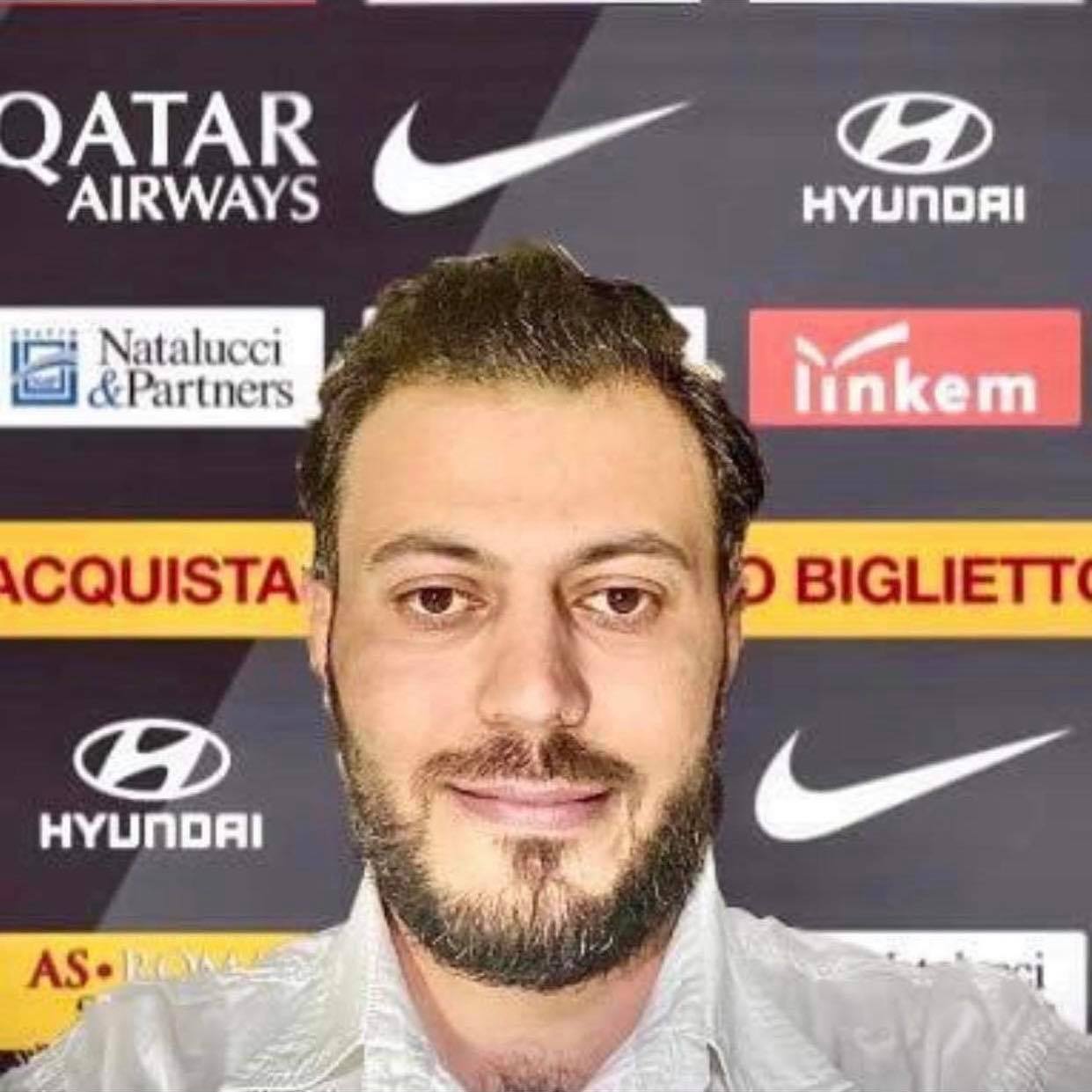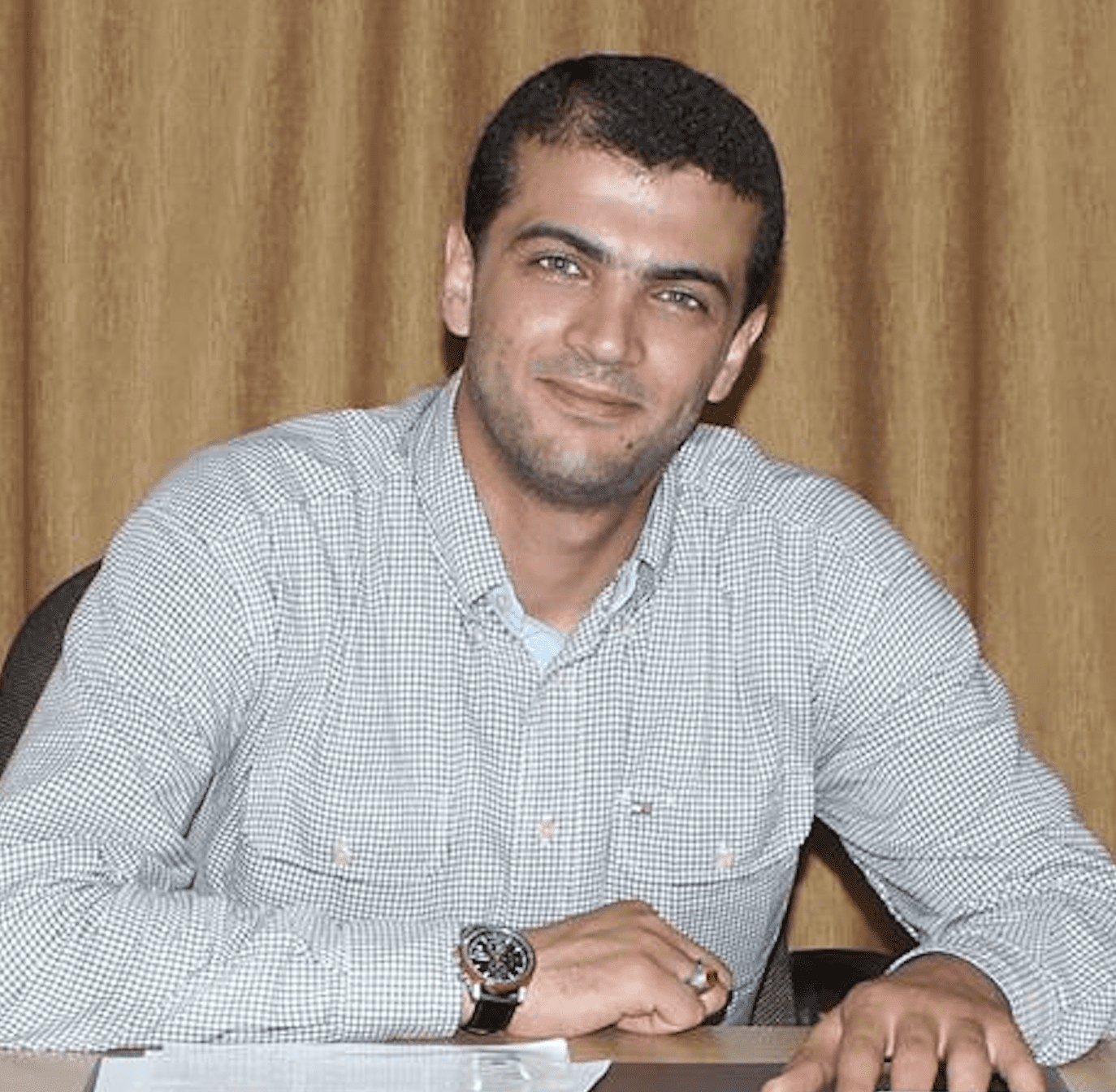Migration has existed since ancient times, often a difficult choice for people to make, individually and collectively, for a variety of reasons. Historically, people migrated to find areas to grow trees and plants and raise livestock, seeking places where water and grass were readily available. With the passage of time, reasons for migration began to differ.
Some migrate to keep pace with the process of industrial and technological development. Some search for security and stability, staying away from wars and conflicts. Some search for improving living conditions, looking for a home where justice, opportunities and equality prevail.
Many leave the countries where they were born and raised for others, leaving behind their land, memories and families to travel to new countries where culture, customs and social traditions differ from theirs. They will have to adapt to live in their new society, especially if their residence is permanent. In many cases, they succeed, and their success stories inspire new generations who aspire to follow the same path. Our story today is about Mohamad Nassib Mourad, who immigrated from Lebanon as a young man because of the difficult conditions in the region at the time.
Childhood in Lebanon
Mohamad Nassib Murad, “Abu Faisal”, was born in 1938 in the western Bekaa region, during French colonialism (1920-1943). He grew up in a simple agricultural community and, from his early years, began working on the farming lands owned by his father. The first tragedy in his life was the death of his father when he was a young boy aged fourteen years old. Abu Faisal shared heavy-heartedly: “After the death of my father, my mother had to get up at three in the morning to start working in the nearby fields to support the family. My first decision as a child who opened his eyes one day and did not find a breadwinner for his family was to work at a very young age to support the family, instead of my mother, who could not bear all that fatigue.” Abu Faisal worked for a period of time in the agricultural fields, when suddenly the idea of immigrating to Brazil entered his mind.
![Sheikh Ikrima Sabri in Brazil Mosque, at the invitation of the Islamic Charitable Association. Photo from the archive. [2002]](https://i0.wp.com/www.middleeastmonitor.com/wp-content/uploads/2022/06/Photo-1-.jpg?resize=567%2C794&ssl=1)
Sheikh Ikrima Sabri in Brazil Mosque, at the invitation of the Islamic Charitable Association. Photo from the archive. [2002]
Immigration to Brazil
Abu Faisal reminisced with tears in his eyes the time he stepped onto the boat on the shores of Lebanon to start his migration journey. “Please come back!” his mother begged. But with a lot of determination and an unbridled desire for success, he decided to take on this adventure, like many of his generation who suffered difficult life circumstances. Abu Faisal told us about his journey on board the ship, which lasted 30 days, and his feeling of alienation and fear of the unknown. He finally arrived at the Port of Santos, where his relatives received him. Abu Faisal did not know at the time how long his journey would extend.
Abu Faisal recounted: “My sister and my cousins received me at the Port of Santos, and since I set foot on the land of the port, my actual journey began to learn a new language and culture. I started working as a street vendor, carrying products on my shoulders and knocking on the doors to sell them like thousands of Arab immigrants who started their lives in Brazil in the same way.” Abu Faisal added that it was hard work, but it was the only way to earn a living.
After several years, Abu Faisal began to adapt to life in Brazil, and his conditions improved, little by little. He worked with large furniture stores until he opened his own. His trade expanded with time and became a resounding success. He currently owns 32 large furniture stores and a real estate portfolio spanning Brazil, Syria and Lebanon. Abu Faisal mentioned his return to Lebanon for the first time after 16 years and was surprised by the continued immigration of young people. He was keen to send his children annually to Lebanon to learn the language, customs and traditions and strengthen their connection with their homeland.

Some of the honours given to Mohamad Nassib Mourad by different Brazilian institutions, Published in the magazine. [Archive]
Arab nationalism and Gamal Abdel Nasser
Abu Faisal belongs to a generation that believed in Arab nationalism; to a generation that called for unity for the sake of achieving liberation and independence, removing dependency, building strong armies and achieving a scientific renaissance that would overcome the forces of Western colonialism, at a time when the Arab world was enduring a phase of contradictions and antagonistic dichotomies. On the one hand, it suffered major collapses due to external occupation and internal fighting; on the other, it witnessed attempts to re-establish Arab identity.
Abu Faisal does not hide his admiration and loyalty to the late Egyptian President Gamal Abdel Nasser, who was an inspiration for all of his generation and a leader of a great project in which the Arab forces would unite in the face of colonial forces to liberate Palestine and restore Arab rights. He bitterly recalls the defeat of the 1967 war, which divided the Arab unity project, and resulted in the betrayal and loss of more Arab lands in favour of the Zionist project. But he still believes unity is the only way to liberate the land and restore rights. Abu Faisal tells us a story that when the defeat occurred in 1967, he and some of his friends collected a large amount of money from the Arab community in Brazil and sent a delegation to Egypt to provide money to help rebuild the Egyptian state.
READ: Ex-Brazil president meets Palestinian community wearing a keffiyeh
The Arab community in Brazil
The Arab community in Brazil constitutes an integral part of the Brazilian social fabric. This is the result of the integration of the old generations of immigrants into Diaspora society. A statistical study by the Arab Brazilian Chamber of Commerce in 2020 found that 11.61 million Arabs and Arab descendants live in Brazil. It is remarkable that the new generation still preserves Arab identity and customs, but in return, they suffer from many concerns, challenges and risks – something of which members of the Arab community have been aware for a long time. Abu Faisal told us that he, and many of the community members, worked to build Islamic institutions, centres, schools and mosques to serve the new generations and teach religion, customs and traditions, connecting them with their homelands.
![A young Mohamad Nassib Mourad. [Archive]](https://i0.wp.com/www.middleeastmonitor.com/wp-content/uploads/2022/06/Photo-3.jpg?resize=250%2C333&ssl=1)
A young Mohamad Nassib Mourad. [Archive]
The Muslim Charitable Society
Many Arab immigrants sought to build Arab institutions in Brazil to preserve Arab culture and identity in a country characterised by a mixture of immigrants. Abu Faisal told us about the great efforts he and a group of other Arab immigrants made to preserve Arab institutions and establish new ones to accommodate the large numbers of immigrants. He then became president of the Muslim Charitable Society for a few years, including Brazil Mosque, the largest and oldest mosque in Latin America, along with the Islamic school and cemetery. During which he worked to provide the best services to the Arab community in terms of education and healthcare. The Palestinian issue was always a factor in his meetings and discussions with political officials in Brazil, especially when he met with former Brazilian President Lula da Silva. Abu Faisal also established Al-Uruba magazine, publishing articles by Arab immigrants.
The influence of Arab immigration in Brazil is palpable in all aspects of life. You will find a distinguished Arabic name in Brazillian society in all fields. Arab immigrants have proven their excellence in the fields of medicine, engineering, economics, literature, sports and politics. Their successes have reached high-level positions as parliamentarians, mayors, state governors, deputies, and even the country’s president. Michel Temer succeeded in becoming the first Brazilian president of Arab origin after the vote of impeachment of President Dilma Rousseff. The story of Mohamad Nassib Murad, “Abu Faisal”, and other successful immigrants will inspire new generations of immigrants to succeed and continue their bond with their homelands. This is the mission of every immigrant.


![Former Brazilian President Lula da Silva and his wife with President of the Islamic Charitable Association Mohamad Nassib Mourad and his wife. [Archive]](https://i0.wp.com/www.middleeastmonitor.com/wp-content/uploads/2022/06/Cover-photo--scaled-e1655210032662.jpg?fit=1135%2C800&ssl=1)










